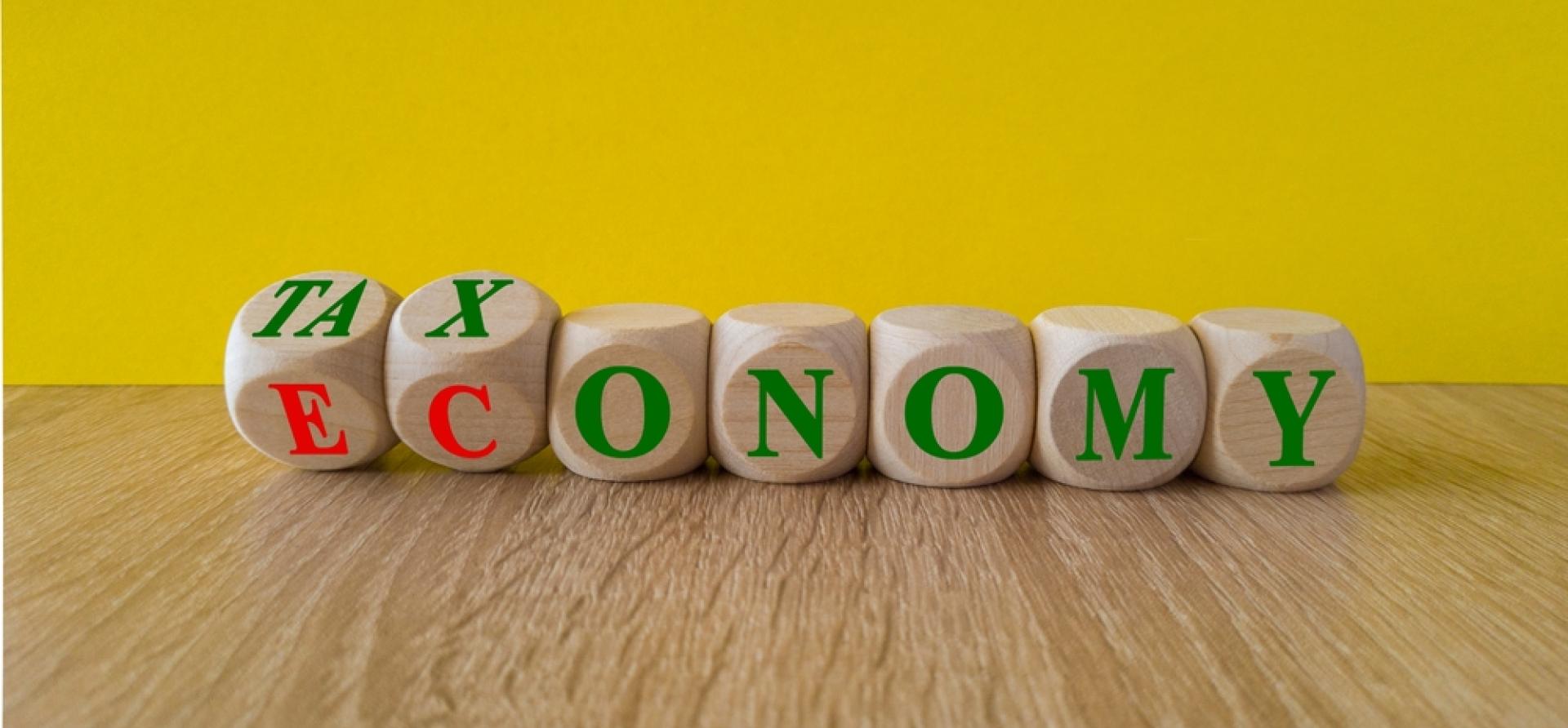Can G20 help in harmonisation and interoperability of taxonomies?

Key Findings
There are diverse taxonomy development efforts underway globally. Taxonomies have different methodologies, definitions and eligibility criteria/thresholds to classify activities as green and non-green.
India needs one definition to provide clarity to investors looking at investing in the clean energy transition in the country.
Under its presidency, India can emphasise the need for concerted global efforts towards developing interoperable and harmonised green taxonomy.
The world needs an annual investment of US$9.2 trillion for climate mitigation alone and even more for climate adaptation. While most of the current clean energy investment is happening in developed countries, aligning with Paris Agreement goals requires investments in emerging markets and developing economies to more than triple from current levels by the early 2030s.
Although there is sufficient financial capital globally to finance the energy transition, it is spread unevenly, with most capital providers concentrated in the developed world. There is a need to mobilise this finance, which needs several changes to the global financial architecture. One such change is having a common language and definition of what constitutes green or sustainable.
By providing a clear, science-based definition, a taxonomy can help classify sustainability in black and white. A definition that countries can refer to avoid misinterpretation and minimise any catastrophic environmental impact.
There is an urgent need to act on these changes now. Countries worldwide are experiencing extreme weather conditions, with heatwaves in Europe or floods in India. Temperatures are rising at a much faster pace. The world experienced the hottest day on 3 July 2023, according to data from the US National Centers for Environmental Prediction. The average global temperature reached 17.01 degrees Celcius (62.62 degrees Fahrenheit), surpassing the August 2016 record of 16.92 degrees Celcius (62.46 degrees Fahrenheit), as heatwaves sizzled worldwide. Time is running out; we need to act and act fast.
Diversity in Taxonomy Development Process Globally
Taxonomy is a key framework item identified in the G20 Sustainable Finance Roadmap and a focus of the International Platform on Sustainable Finance (IPSF), which has developed a common-ground taxonomy (CGT) to promote taxonomy interoperability globally.
IPSF is a network of policymakers that share best practices and compare sustainable finance approaches and tools to make them more comparable and interoperable. It is also a G20 Sustainable Finance Working Group (SFWG) knowledge partner.
There are diverse taxonomy development efforts underway globally. Taxonomies have different methodologies, definitions and eligibility criteria/thresholds to classify activities as green and non-green. Taxonomies may be whitelist-based (identifying specific activities and technologies as green, such as China), technical screening criteria-based (technology neutral, such as the EU) or principle-based, such as Malaysia and Japan. Hence the harmonisation of these different types of taxonomies poses a challenge. Further, data collection and verification processes and sustainability disclosure regimes may vary even when approaches are consistent.
There are 29 jurisdictions at different stages of taxonomy development (implemented, in development or being considered), including several G20 countries. A harmonised and interoperable taxonomy can accelerate the deployment of climate capital and facilitate smoother cross-border green capital flows, lower transaction costs, mitigate greenwashing risks and promote the integrity of net-zero transitions.
From an Indian perspective, while the official green taxonomy is still a work in progress, regulators have adopted their own definitions of sustainable investments. The Reserve Bank of India (RBI) issued its inaugural green deposits framework specifying several green project categories. Similarly, the capital market regulator, the Securities and Exchange Board of India (SEBI), also notified the green debt securities framework, which lists eligible green activities.
The country needs one definition to provide clarity to investors looking at investing in the clean energy transition in India. With India now introducing a domestic carbon market and green credit programme, taxonomy can help identify projects classified as green and remove ambiguity.
A taxonomy will also help channel capital into energy transition for the Micro, Small and Medium Enterprises (MSMEs). These entities are highly dependent on bank financing for their capital needs. Banks may be reluctant to finance them without established thresholds and definitions of what constitutes as green. Along with taxonomy development, it is also essential to ensure MSMEs have the capacity to capture and report on their emission profiles. MSMEs would require capacity building and financial resources in this regard.
With the development of CGT, some steps have started in this direction. Still, there is a need for an international body that can harmonise and intermediate the taxonomy development process within different parts of the world.
Role of India’s G20 Presidency to drive international cooperation
The G20, through its mandate, can help harmonise economic activities, science-based definitions, eligibility thresholds and, more importantly, clearly categorise green versus transitionary assets to avoid any greenwashing risks in funding the latter. Lastly, the G20 can be an appropriate platform for integrating future global market and technology development changes into taxonomies.
Under its presidency, India can emphasise the need for concerted global efforts towards developing interoperable and harmonised green taxonomy. Although harmonisation may not be possible for all the 29 taxonomies, it is important that a common language and defining elements of interoperability remain at the heart of G20 reforms to enable enhanced cross-border capital flow. Science-based approaches should form the basis for this common language/interoperability to provide clear metrics and thresholds without letting the political economy influence and dilute the definition. This should be informed by transition pathways in a sector/jurisdiction, considering the sustainable development goals (SDGs) and also the local context, especially on adaptation and resilience. India should also ensure that any global taxonomy effort considers the unique circumstances of the developing economies.
Further, India should push for creating a cross-border task force of G20 member countries that supports the work of IPSF and helps adopt its recommendations. The country can facilitate high-level dialogues as part of the SFWG and international financial architecture working group meetings to focus on harmonisation and interoperability approaches for taxonomies.
This article was first published by Financial Express.
















